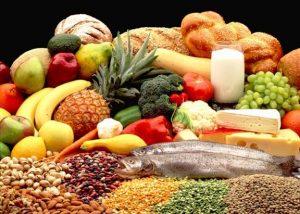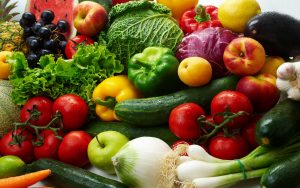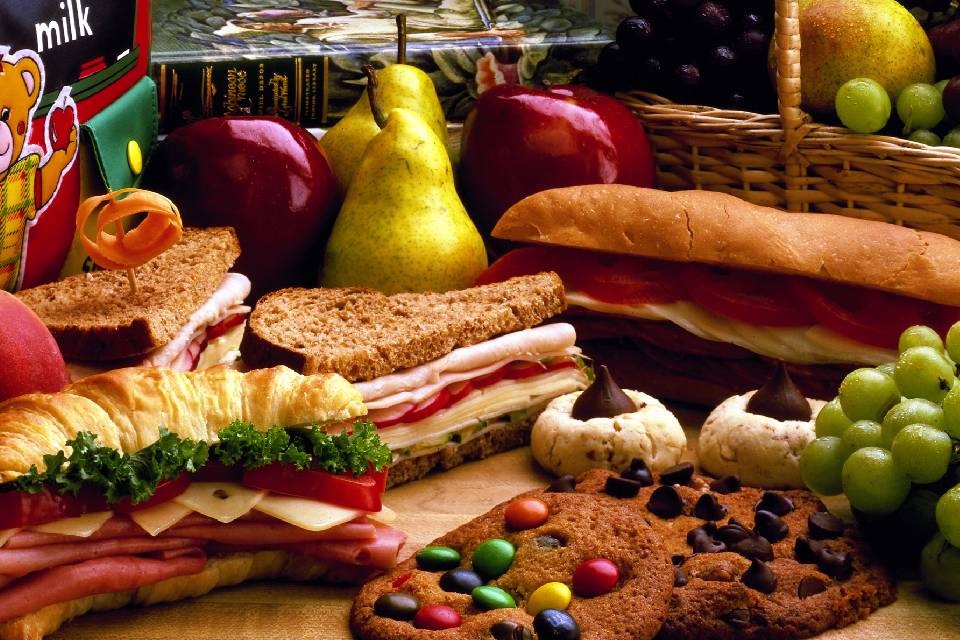In the past few years, the study of the interaction between the genome of a person and their nutrition has taken centre stage. Called nutritional genomics it is meant to offer a scientific understanding of how diets can improve the health of people.
The exact definition of it is: “To provide the scientific basis for improved public health through dietary means.”
 The one element of this study that has emerged to be popular is called personalised nutrition. This technique aims to enhance and improve the health of a single person by providing better and detailed knowledge of how components of food interact with the genome. As per scientific studies, personalised nutrition is understanding
The one element of this study that has emerged to be popular is called personalised nutrition. This technique aims to enhance and improve the health of a single person by providing better and detailed knowledge of how components of food interact with the genome. As per scientific studies, personalised nutrition is understanding
“The functional interaction between bioactive food components with the genome at the molecular, cellular, and systemic level in order to understand the role of nutrients in gene expression and…how diet can be used to prevent or treat disease.”
In simpler words, it means finding out how the essential parts of food affect the way a gene reacts and how we can control that expression so that a disease can be stopped from occurring or cured. Effectively, food is considered as a tool that helps attain a fitter and healthier life. When seen in this light, food becomes more than something we eat to survive. It implies that the relationship between nutrition and health is instrumental and imperative.
When perceived as a tool food is given a secondary value while health is considered as a descriptive biological concept. But we know that food doesn’t have a limited role for humans. To us, food has deep connections to:
- Social contexts
- Cultural values
- Identities
In a similar manner, health is not merely a descriptive concept. It is a complex concept that is full of merit for humans. It is instrumental for individual life plans.
It is why, it has become crucial that we research and understand how food, health, and culture are related. Only when we comprehend that will we be able to leverage how diet can alter the genome of a person. A broader definition of food & health needs to be created. We need to stop reducing the two to their bare minimum factors. Discourse should be opened up where nutrition and fitness are considered in connection to the ethical parts of personalised nutrition.
when we comprehend that will we be able to leverage how diet can alter the genome of a person. A broader definition of food & health needs to be created. We need to stop reducing the two to their bare minimum factors. Discourse should be opened up where nutrition and fitness are considered in connection to the ethical parts of personalised nutrition.
A few questions we need to answer before personalised nutrition can become part of day to day life are:
- What kind of ethical challenges may be identified for personalized nutrition in relation to concepts of food and health? This would include cultural and value-laden features.
- How are social and cultural theories of food and holistic concepts of health related to the goal of individualization in personalised nutrition?
- Once we answer these questions, we can start using personalised nutrition as part of disease and condition preventive programs. We can support a person’s view of social and cultural life while considering their diet too.

